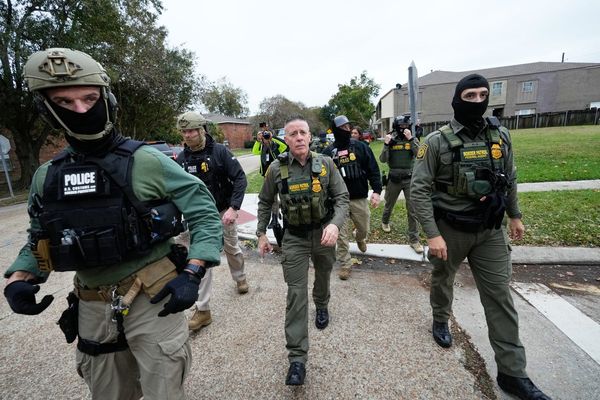
Lawyers representing a prominent hip-hop star have criticized the prosecution's case against their client, labeling it as 'sexist and puritanical.' The defense team for the 55-year-old music mogul submitted a letter to a Manhattan federal court judge, requesting access to nine recordings of sex acts that are considered crucial evidence in the case.
The defense lawyers argue that the recordings, which allegedly show consensual sex between adults, do not support the sex trafficking charges brought against their client. They claim that the videos depict willing participants engaging in elaborate sex performances orchestrated by the hip-hop star.
The indictment accuses the music mogul of arranging sexual encounters between his victims and male sex workers, referred to as 'Freak Offs.' These encounters, as described in the indictment, involved Combs directing and recording the performances, sometimes lasting for days and including multiple commercial sex workers.
Prosecutors allege that Combs used drugs to keep the participants compliant during these encounters. Raids on his properties reportedly uncovered supplies for these performances, including drugs and a large quantity of baby oil and lubricant.
The defense lawyers maintain that the videos provided to the government show consensual sexual activity between the hip-hop star and a woman identified as 'Victim-1,' who was in a long-term relationship with Combs. They emphasize that the encounters depicted in the videos were consensual, with the woman appearing happy, dominant, and in control.
According to the defense team, the videos do not show any evidence of violence, coercion, or non-consensual activity. They argue that the government's portrayal of the sex performances as 'dirty' or 'disgusting' reflects a biased and puritanical view of sexual activity.
The defense lawyers also highlight that the videos lack clear visibility due to poor lighting and grainy images, necessitating expert analysis to enhance the quality of the audio and video. They assert that the government's case hinges on misconceptions about the nature of the sexual encounters and the participants' willingness to engage in them.
As the case moves forward, the defense team continues to challenge the prosecution's narrative, maintaining that the charges of sex trafficking are unfounded based on the evidence presented in the recordings.







